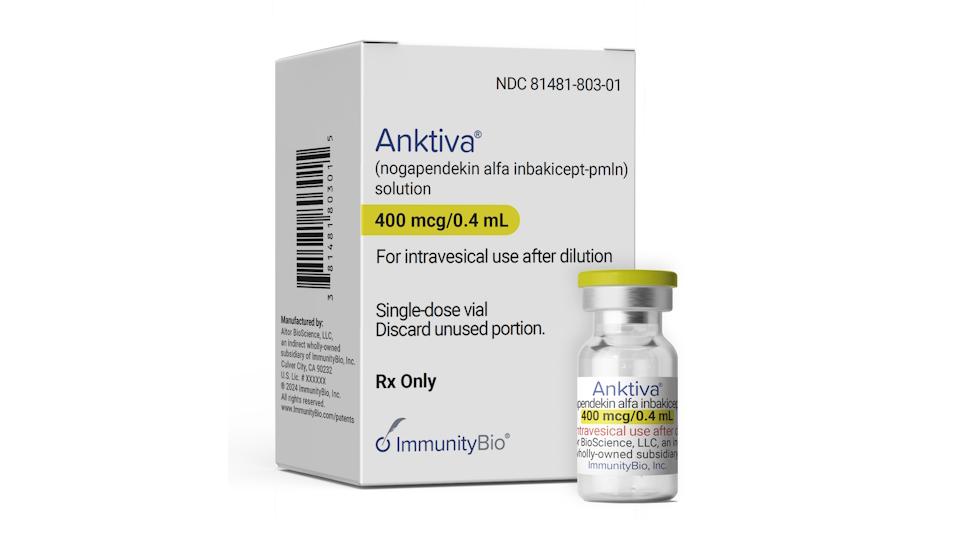Roche's Tecentriq gets three years to prove itself on Cancer Drugs Fund

Roche’s Tecentriq has been added to the new-look Cancer Drugs Fund for bladder cancer patients, making it the latest in a recent flurry of drugs to be put on the managed access fund.
Overseen by England and Wales' cost effectiveness watchdog NICE, the new version of the CDF gives drugs with incomplete evidence several years on the market before they must prove their value.
NICE says Tecentriq is "likely to extend people's lives by more than three months" in bladder cancer, but has ruled that a lack of evidence comparing it to other treatments makes this uncertain, along with its cost effectiveness.
NICE says Tecentriq can stay on the CDF for around three years before it reviews all the cost-effectiveness data again, a more generous period than originally envisaged for the scheme.
This should give Roche enough time to generate more robust data, during which time patients in England will be able to access the drug.
Roche agreed to have Tecentriq (atezolizumab) funded through the CDF as a first-line therapy after NICE refused to recommend it for use in every day use.
This makes Tecentriq the first PD-L1 cancer immunotherapy available for bladder cancer in England. Pfizer/Merck KGaA’s Bavencio (avelumab) has only just hit the market and AstraZeneca’s rival Imfinzi has yet to be approved in Europe in this use.
However a decision that Tecentriq is not cost effective in second line use still stands.
Tecentriq is specifically recommended (through the CDF) for patients whose urothelial cancer has not yet been treated and who cannot have cisplatin-based chemotherapy.
Roche has proposed a plan to address uncertainties in evidence, such as how Tecentriq compares to other standard treatments and whether the clinical benefit is enough to balance its cost.
Roche has already offered a commercially confidential discount on the cost of £3,807.69 it charges for a 1,200ml vial, administered via infusion every three weeks.
However there are doubts about Tecentriq’s long-term prospects in bladder cancer after a shock failure in a late-stage trial.
US and EU approvals were based on phase 2 data from the IMvigor 210 trial – but in May the phase 3 IMvigor 211 trial that was supposed to confirm overall survival benefit failed to meet its primary endpoint.
Luckily, Roche has another phase 3 trial in bladder cancer ongoing – the IMvigor 130 trial – and it hopes this will provide the data required by NICE to allow regular NHS funding.
The data collection period for Tecentriq will end in December 2020, when the final analyses of the IMvigor 130 trial will be available, and NICE will review the updated clinical and cost effectiveness data.
Re-launched as a managed access fund in July 2016, pharma companies looked to be wary of the new CDF for some time, but recent months have seen a number of high-profile drugs join the scheme.
Other drugs recently placed on the CDF include BMS' Opdivo in head and neck cancer and MSD's Keytruda in first line treatment of non-small cell lung cancer (NSCLC).













